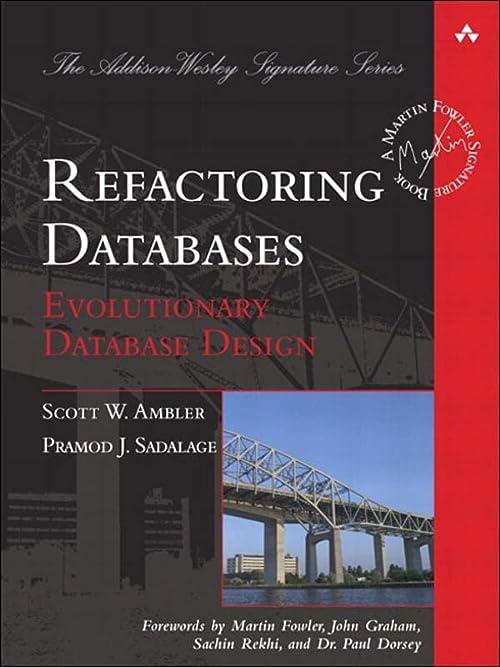Question
Your work at the Wind Energy Division of Georgia Power has made you well-known in the energy community, and you are now the go-to analyst
Your work at the Wind Energy Division of Georgia Power has made you well-known in the energy community, and you are now the go-to analyst in renewably energy. The State of Alaska has recently contacted you to look into a tidal system to supplement the states energy needs.
Background information on tidal energy:
Tides are generated from the gravitational interactions between the earth, the moon, and the sun. As the tide ebbs and flows near shorelines, it creates a tidal current. The energy in the current can be captured with a tidal turbine, much like wind energy can be harvested with a wind turbine. Since water is considerably denser than air, a significantly larger amount of energy can be extracted from water than air under similar conditions. Tidal power is a predictable and inexhaustible energy source, and the ability to harness its immense potential allows a better power generation forecast than with any other renewable system, making it a reliable power generation technique to supplement other alternative energy sources.
Power generation in isolated areas of the world is typically a difficult and costly process. Oftentimes, residents who are not connected to a traditional power grid are forced to use local power generation techniques that prove to be expensive and inefficient. For example, the residents of Yakutat, Alaska (population: 620) use diesel-powered generators for their electricity needs; diesel fuel is shipped from distant locations, yielding a price per kilowatt hour of electricity that is substantially higher than the American average of 15 cents/kWh. The southern Alaskan coast has been tagged by many researchers as having great potential for tidal power generation, and you have determined that Yakutat is a perfect location to test a tidal turbine system to address the local demands.
Tidal Power Generation:
The total power P (W) generated by a tidal turbine is proportional to the cube of the current velocity v and can be calculated with the following integral:
P = 1 Awmech vcutout Cp(v)v3p(v)dv (1) 2 v cutin
where w is the density of seawater (1026 kg.m-3), vcutin and vcutout are the cut-in and cut-out speeds (same definitions as for a wind turbine), A is the swept area of the turbine blades,
mech is the mechanical efficiency of the turbine and Cp is the turbine power coefficient,
which is a function of v. Inside the integral, p(v) denotes the probability density function, which is a function that describes the relative likelihood for a random variable to take on a given value; specifically, in Eq. (1), this function relies on experimental velocity data to evaluate the probability that, for a given value comprised between vcutin and vcutout , the current flows at that particular velocity.
You are planning to use a new turbine prototype for which you have developed a numerical model that relates the power coefficient and the flow velocity according to
v =6.433e1.25Cp 61016 e70Cp . (2)
The other turbine parameters are summarized in the table below:
vcutin = 3.0m/s
vcutout = 5.0 m/s
Blade diameter = 18m
nmech - 0.9
Write a generic function to solve a root-finding problem of the type f (x) V = 0, where V is a vector; the function should have the following format:
function X = root_finder_vector(f,x0,V)
where f is a function handle to define f, V is the vector V and X is a vector of the same length as V containing the roots: each element X(i) is the solution of f (x) V(i) = 0. x0 represents the initial guess(es), and is either a scalar (one initial guess for all V values) or a vector of the same size as V (each element of x0 is a different initial guess for each element of V). Use the built-in function fzero.
Step by Step Solution
There are 3 Steps involved in it
Step: 1

Get Instant Access to Expert-Tailored Solutions
See step-by-step solutions with expert insights and AI powered tools for academic success
Step: 2

Step: 3

Ace Your Homework with AI
Get the answers you need in no time with our AI-driven, step-by-step assistance
Get Started


